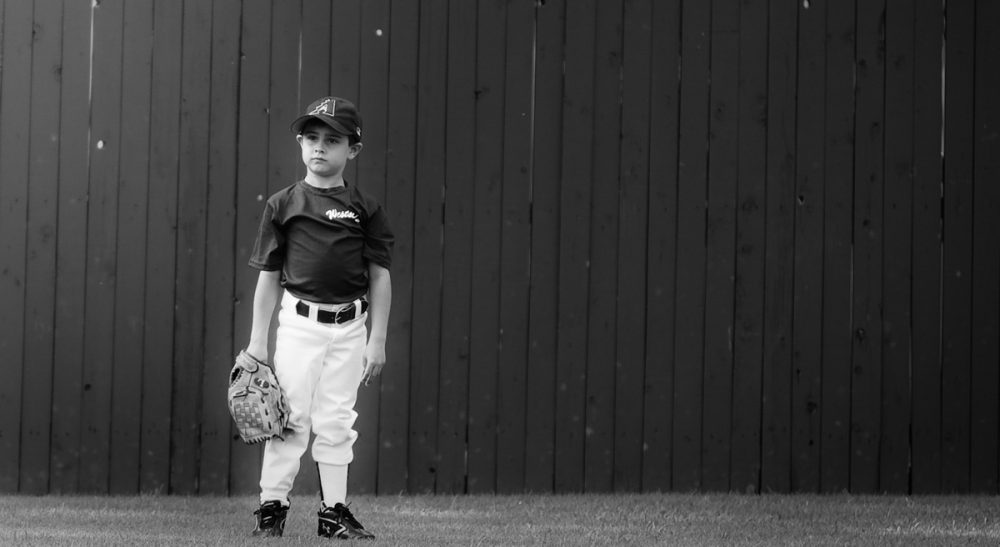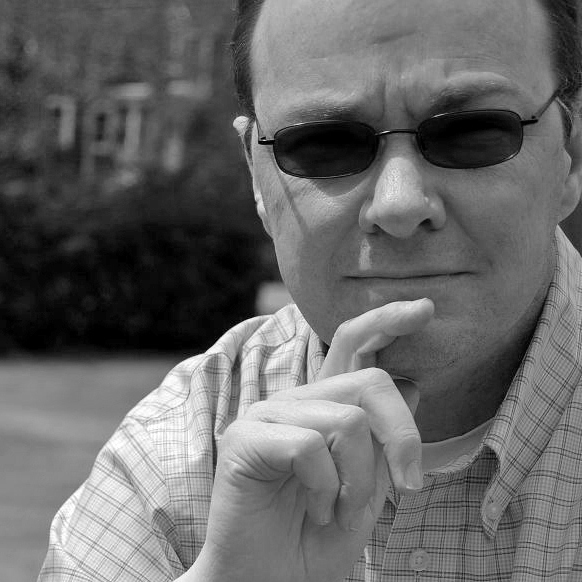Advertisement
Diary Of A Bench-Warmer: Life Lessons From Beyond The Winner's Circle

Ever since Pheidippides raced home to Athens from Marathon in order to tell his countrymen of victory over the Persians, we have equated physical ability with virtue. Perhaps it’s because, as Lucian told us in the second century, A. D., in his “True History,” the fleet-footed courier died just after delivering his message, thereby forever linking athletics with heroism and sacrifice.
Athletic competition has taught me how to be a good loser and how to defend against the spiky chill of a cheerleader’s laugh as you ask her if she needs a ride to the post-game party.
Whatever the genesis, we have always held in high regard those with athletic ability, be it the Neanderthal who could run down and spear a bison in time for dinner, or the kid who can hit a receiver on a post pattern at 40-plus yards. As a corollary, we view sport itself as having transformative powers. Thus, we’ve somehow come to believe that racing things, throwing things, hitting things and shooting balls into round holes can teach us about the higher things in life.
This is fine for all those who’ve earned large letters to affix to the front of their school jacket or know firsthand what the term “signing bonus” means. But what about people like me? You know, “those who suck at everything.” To say I’ve yet to find a sport I’m good at doesn’t quite do justice to the immensity of my ineptitude on any field, track or court. Athletic competition has taught me how to be a good loser and how to defend against the spiky chill of a cheerleader’s laugh as you ask her if she needs a ride to the post-game party.
I no doubt inherited the bench-warming gene from my father. He played catch with me in the front yard only once that I can remember, and from that single experience I could tell he was no athlete. My old man had the physique of Babe Ruth and the curveball of Dr. Ruth. As for my mother, I don’t think she played any sport; though when angry at us kids she had the backhand of a frustrated McEnroe.
Consequently, my athletic resumé is comprised of a list of humiliations, made worse by the fact that for much of it I was wearing gym shorts so tight it looked as if I were smuggling fruit from the cafeteria. (Okay, yes, small fruit.)
These days, coaches and parents are careful to make all young athletes feel like winners. That wasn’t the case in my day. My father sat through my hockey games with a bag over his head, and hardly a family get-together passes without someone mentioning how I scored a goal for the other team. (A complete fabrication, I might add, though, to be honest, I would have been delighted to have put the puck in any net.)
Here are some of my athletic highlights. I use the terms “athletic” and “highlights” advisedly:
- I believe that I still hold my high school’s record for the slowest 600-yard dash – nearly six minutes. A snail unleashed onto the track could not do worse.
- I played on a Little League team so bad, it often took more than an hour to retire the other side. Once, standing in right field so long, I wet my pants.
- My heft as a teen hockey player meant that there was no jumping over the boards for me. It took two coaches, red-faced and cursing, to lift me back and forth onto the ice. Talk about a Kodak moment.
- During a gym class basketball game, a teammate sent a bounce pass my way, as I stood wide-open beneath the hoop. My nose still bears the mark where the ball made contact.
- During try-outs for my high school tennis team, the good players told me exactly where they were going to hit the ball. I stood statue still and watched it fly past. Every time.
There are plenty more where those came from. Did any of it scar me or leave me bitter? No. Therapy has done wonders.
...what all those years of try-try-again taught me was the art and the skill of perseverance.
A friend of mine, as unskilled as I, was once playing shortstop for his Little League team when they were up by one run in the ninth. His father was watching in the stands with the rest of the parents. As the potential final out stepped to the plate, a guy leaned over to my friend’s father and whispered, “I hope he doesn’t hit it to the shortstop. That kid sucks.”
I know the feeling. But through it all, I never quit. In a victor's world, I got used to my place outside of the winner's circle. I may never have mastered a killer backhand. I was not destined to sink a game-winning, three-point shot with seconds to go on the clock. I'm pretty sure my prowess on the the field — any field — never made a cheerleader swoon. But what all those years of try-try-again taught me was the art and the skill of perseverance.
Many has been the time I’ve faced long odds and plunged ahead all the same. Fools do this, too. But I like to think I’ve been conditioned to stay the course, because there’s something inside me that won’t let me do otherwise. In my case, the journey is the prize.
Or, as my old baseball coach used to say, “Man, that kid just won’t go away.”
Related:
